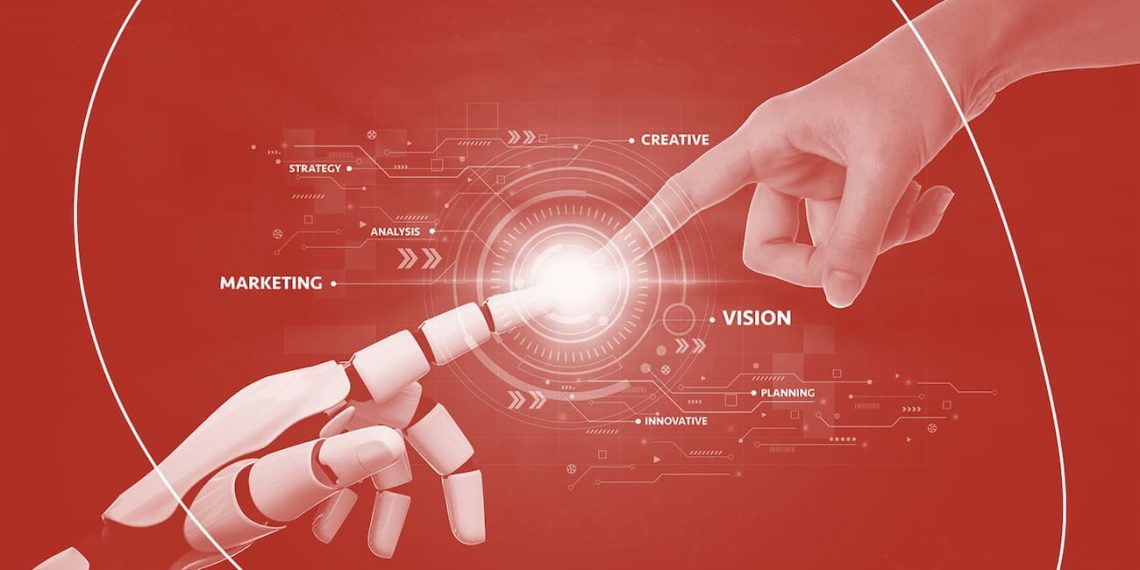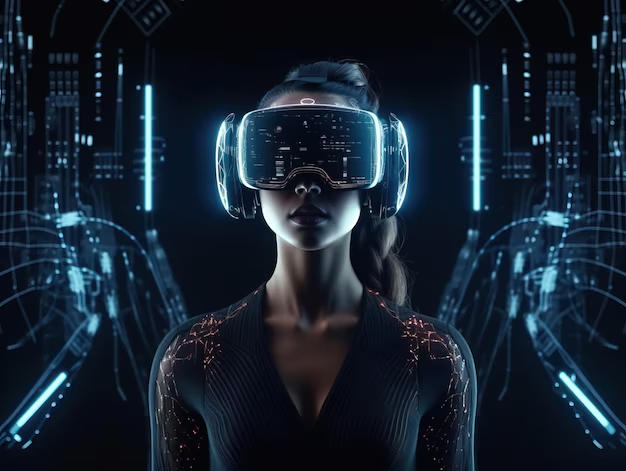Artificial intelligence is dramatically transforming the landscape of sales and marketing, offering professionals in these fields unprecedented opportunities to enhance efficiency and drive superior outcomes. This AI evolution is not merely about new tools but about elevating human potential through automation and data-driven insights.
AI is revolutionizing the efficiency of sales and marketing teams by automating routine functions. It is estimated that AI currently automates up to 20% of sales tasks, a figure poised to increase. By handling repetitive activities such as scheduling and CRM updates, AI allows professionals to concentrate on customer engagement and strategic initiatives that necessitate human creativity and emotional intelligence.
In marketing, AI streamlines content creation and campaign management. Tools powered by Natural Language Generation (NLG) enable personalized messaging across channels, significantly enhancing the speed and consistency of marketing efforts. Over half of marketing leaders are already utilizing AI, with many more planning to follow suit in the near future.
Beyond efficiency, AI is driving improved outcomes by leveraging extensive data sets and advanced analytics. In sales, AI-enhanced lead scoring and predictive analytics enable teams to identify high-potential prospects, thereby increasing conversion rates. AI-driven sales teams have been shown to boost leads, reduce costs, and decrease call times significantly.
AI also introduces hyper-personalization in marketing by analyzing customer data to tailor messages and recommend relevant content, thereby enhancing customer engagement and satisfaction. This capability is crucial in competitive industries where personalized experiences can differentiate between success and failure.
AI empowers sales and marketing professionals to make better, faster decisions by providing real-time data insights. AI tools process vast amounts of information to offer accurate sales forecasts and strategic recommendations, allowing teams to act proactively rather than reactively. In marketing, AI enhances A/B testing and campaign optimization, maximizing return on investment.
Furthermore, AI is pivotal in long-term strategy development. It delivers deeper insights into customer behavior, market trends, and competitive landscapes, enabling businesses to craft forward-thinking strategies that anticipate changes and capitalize on emerging opportunities.
AI is not replacing human skills but augmenting them. By automating mundane tasks and offering strategic insights, AI allows professionals to work more effectively and build stronger connections with audiences. The AI marketing industry is projected to exceed $107.5 billion by 2028, with significant advancements expected in generative AI technologies.
However, realizing AI’s full potential requires more than adopting new tools. Many professionals express enthusiasm about AI’s possibilities but also a lack of readiness to leverage it fully. Investing in AI training and partnering with trusted tech vendors can help businesses harness AI’s capabilities.
In conclusion, the integration of AI in sales and marketing heralds a bold future for the industry, combining human creativity with AI-driven insights to achieve unprecedented levels of efficiency and customer satisfaction. Businesses that embrace AI strategically will position themselves for success in an increasingly competitive market.









